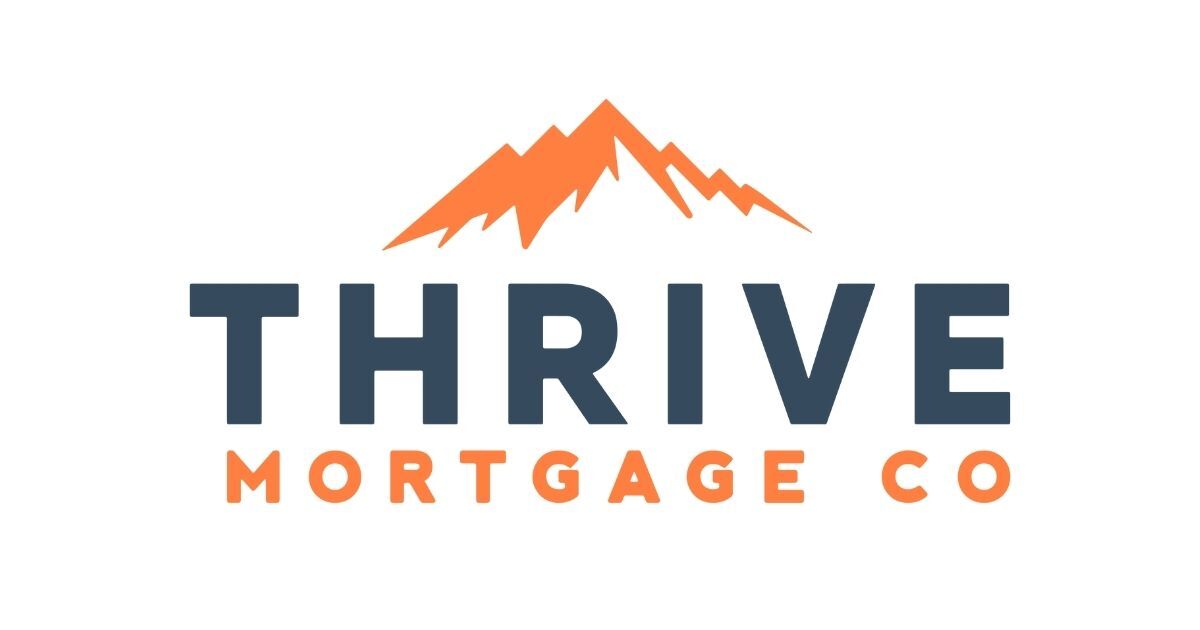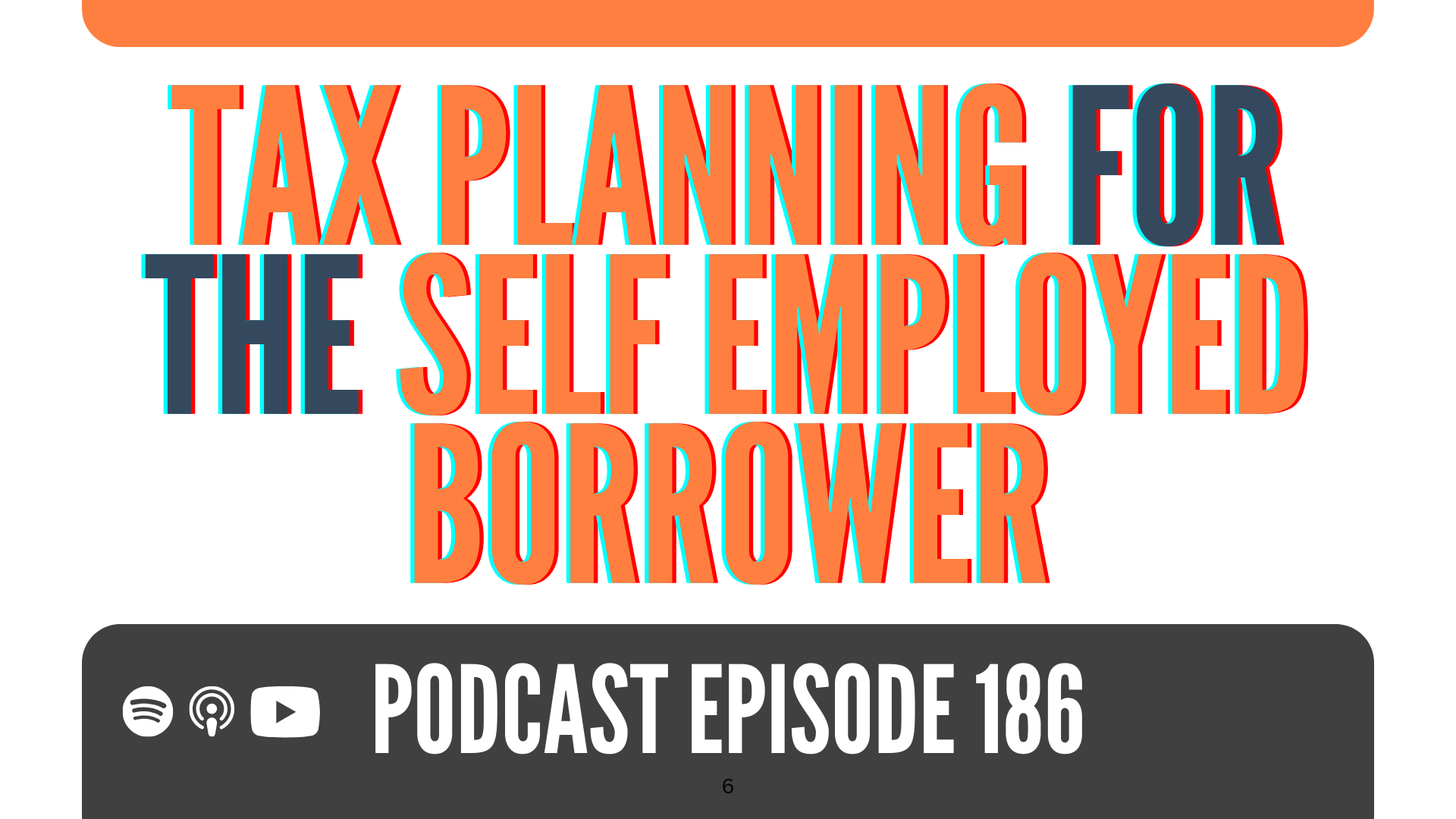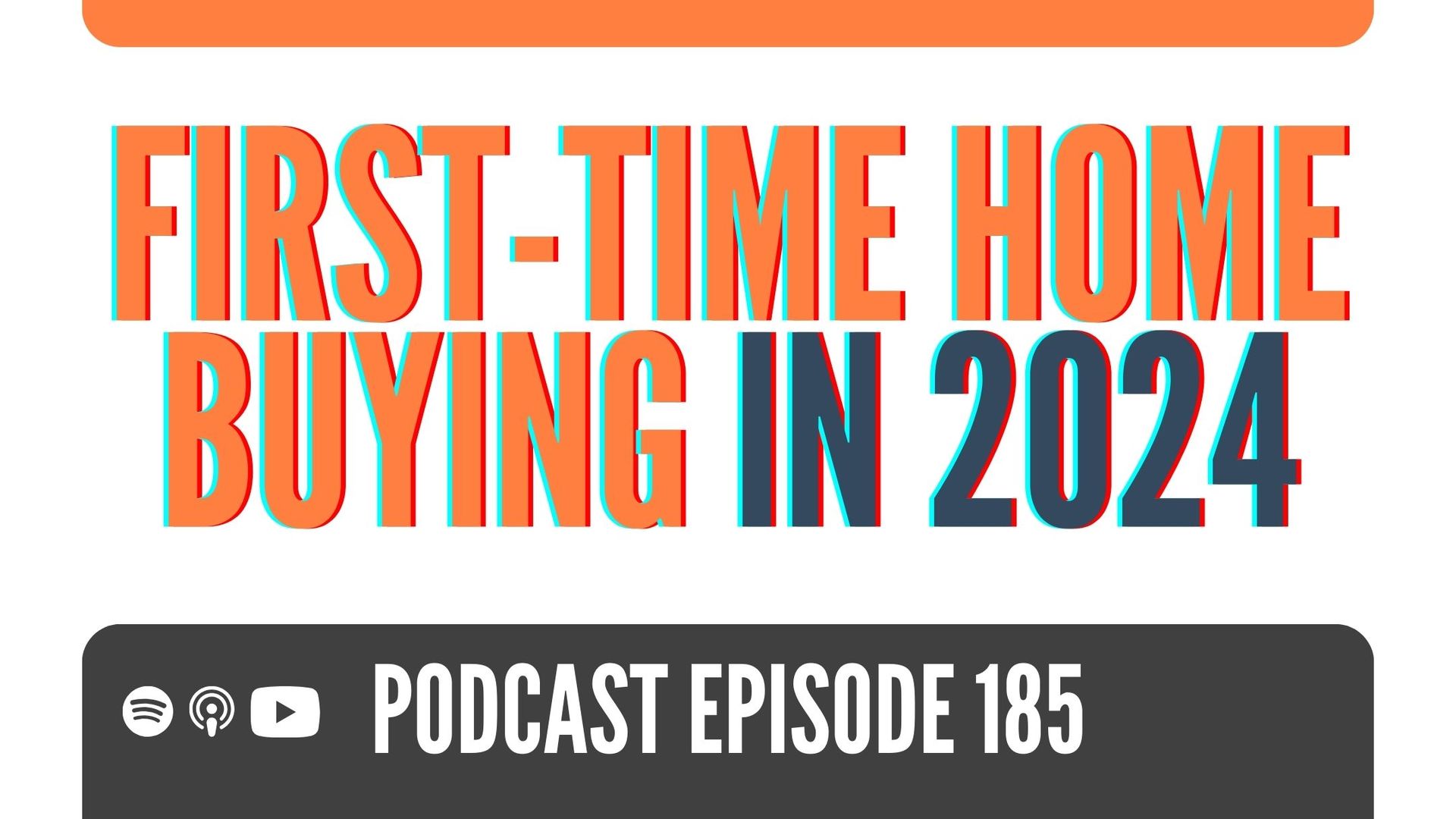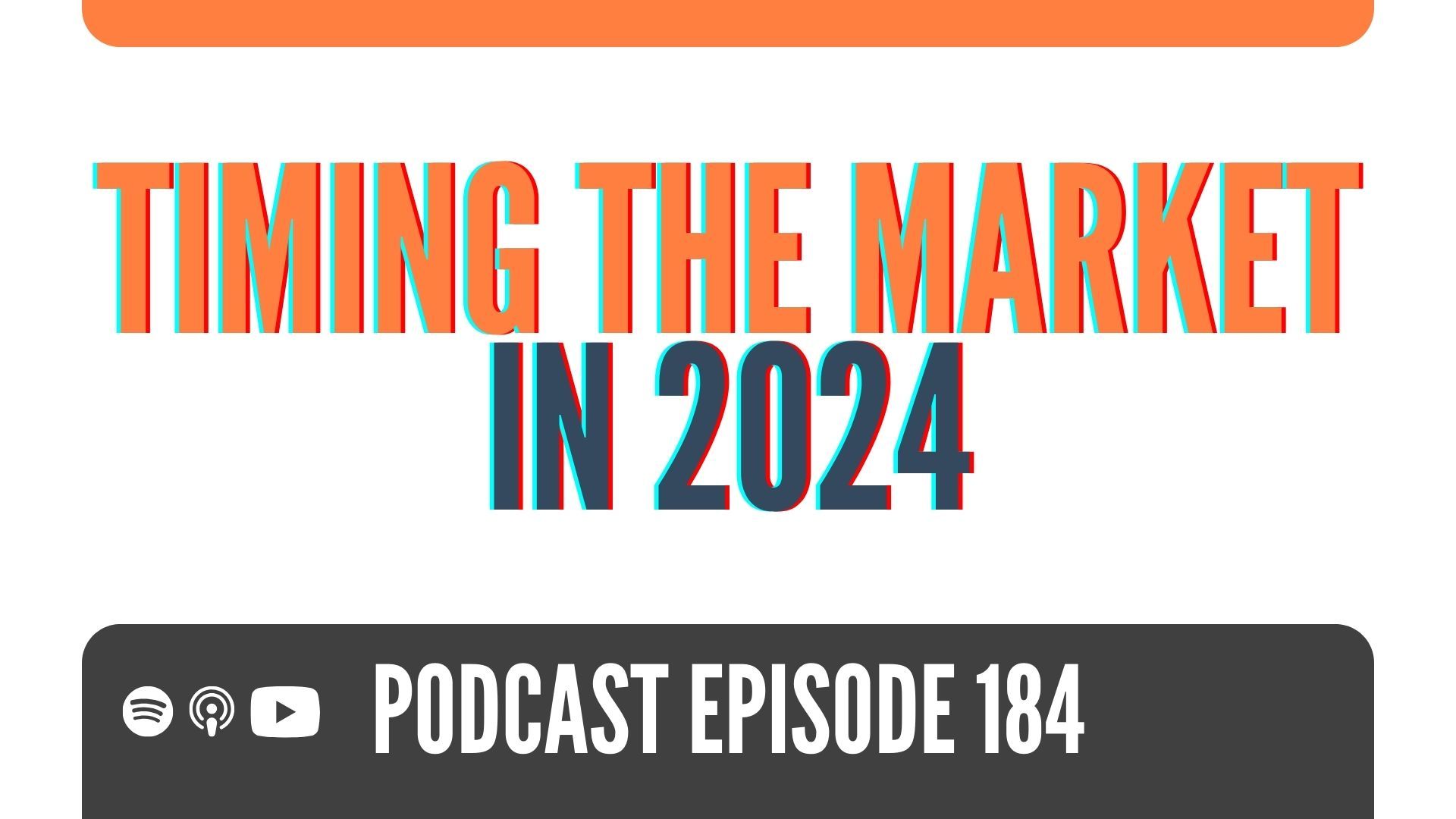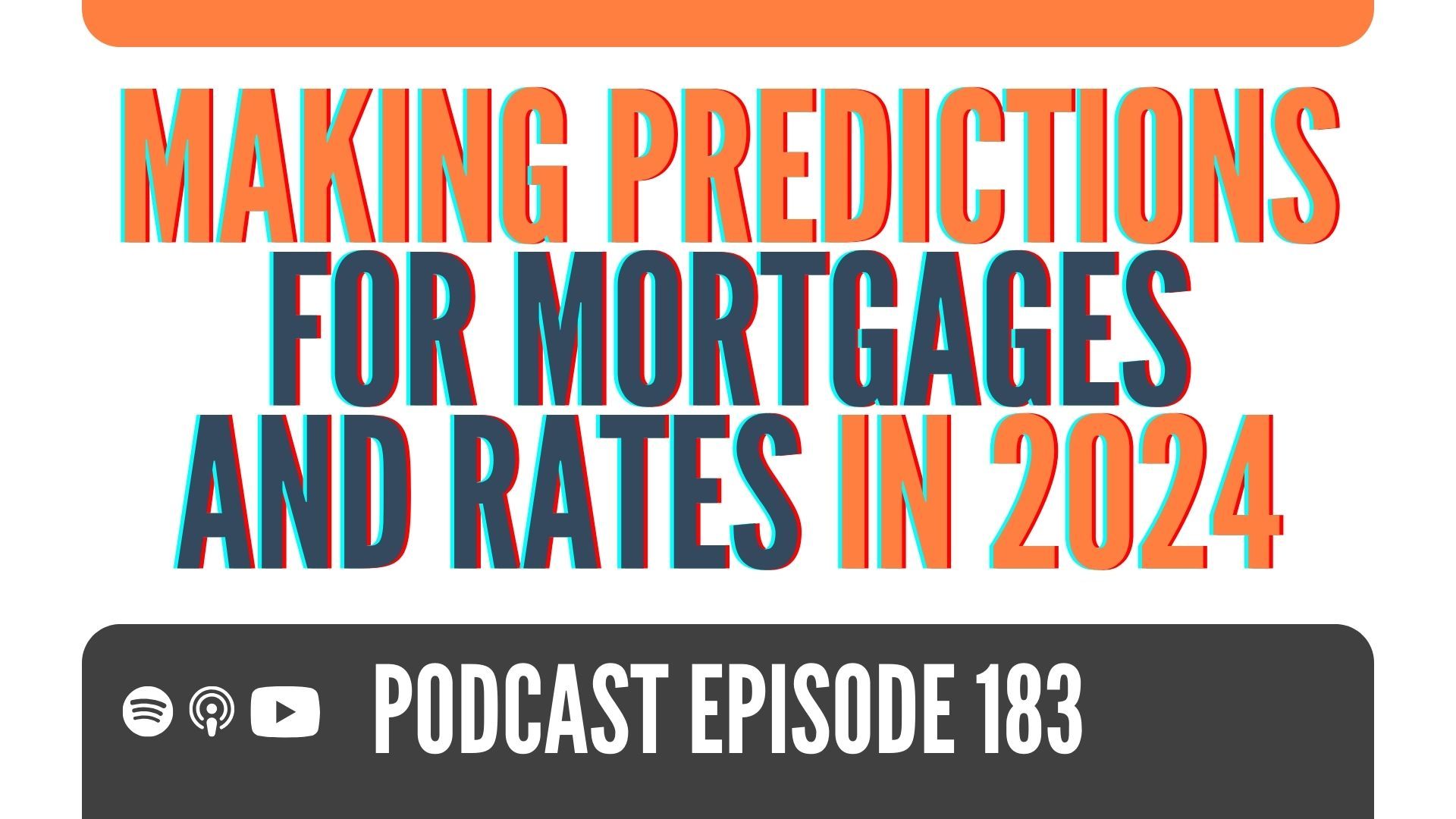YVR REMO SHOW Episode 16 - How Will The CMHC Guideline Changes Affect the Housing Market?
We are back after a one week hiatus for episode 16!
CMHC has dropped a bomb on us that will change, what might be, the lending market over the next little while. They predicted that we will see a housing price drop and recently made an announcement that tells us they will do everything they can to make that a reality.
WHAT WAS THAT ANNOUNCEMENT?
On June 5th, CMHC announced changes to guidelines regarding insured mortgages. This included reducing the debt to income ratio, changing what down payment options are available, and credit score requirements. We'll jump more into this further down.
WHAT IS MORTGAGE INSURANCE?
Mortgage insurance is insurance for the lender. Essentially, this protects the lender if they have to take you into foreclosure and take the property back. CMHC or any other insurer will cover these costs of loss for the lender. These are for mortgages for less than 20% down. A bank might look at, for example, a million dollar property with 5% down and see it as too big of a risk. If there was a decline of 10% in the real estate market it wouldn't allow much breathing room. The borrower pays a CMHC premium which ranges from 2.8%-4% of the mortgage amount and gets added onto the mortgage. This is an aspect many people often look past. This insurance allows Canadians to own homes safely and securely. It's extremely profitable as there's less than .25% of people who do default on their mortgage payments.
IS CMHC THE ONLY INSURER?
CMHC is government held. We have two other insurers who have come into fruition since CMHC. One of those is Genworth. What's the difference between them? There's different types of programs and risk portfolios that CMHC may not insure that the others will. For example, when buying a strata property, a bank will want to go with Genworth because they will review all of the strata documentation upfront where CMHC will put that work onto the bank to take care of.
Genworth offers solutions for those who are self-employed when buying with less than 20% down. The bank may be on board but they still need to get approval from the insurer who has the final say.
CMHC brought about the stress test towards the end of 2016 and other insurers were mandated to utilize it. We saw the inability to insure refinances and rentals over longer amortization periods.
WHAT ARE THE NEW CHANGES TO CMHC?
- Downpayment - There was a way to use borrowed down payment but that has been stripped away by CMHC.
- Credit - Before you could have a credit score below 600-620. There is now a minimum requirement of 680 for a single borrower. This change will have a higher impact than the others.
- Debt To Income Ratio - If you're qualified for a mortgage application and buying with less than 20% down, you can use up to 39% of your income to cover the cost of housing (strata fees, taxes, & heat). This will be reduced to 35%.
- Total Debt - It used to be 40% of your income which is now changed to 42%. This amounts to a 14% decrease in borrowing power.
Most lenders don't get to choose their insurer. If a client gets declined, our guess is it will flip over to the next option. We could see a bank liking this new guideline and therefore adopting it.
HOW LONG WILL THIS LAST?
CMHC itself is a government entity and, if they choose, this could be a permanent change. They have already guaranteed a 12-month period for the changes to maintain. One of the biggest goals they have for doing this is to stop demand. This could mean good news for investors as these changes may cause more renters due to less people buying.
WHO WILL BE AFFECTED?
Anyone putting down 20% or more will not be impacted by this. People who own a good amount of equity will also be safe as refinancing is not affected by these changes. Investors are a third group that won't suffer the effects from this. We could see a lot of co-signers and parental help transpire in the near future with these changes. Real estate is proven as a solid way to build wealth and people will find a way. Anyone can put down less than 20% but you just need to deal with the insurance fee. We see a lot of people buy a vacation home this way.
These changes will take place on July 1. If you are buying and are hoping to avoid them, you need to be fully approved before that date. Knowing what you're qualification is will be prudent. The qualification rate has dropped. It has gone from 5.19% to 5.04% and ultimately to 4.94%. Be prepared and get in touch with your broker if you have any questions at all.
How to Reach US! 📲
Call 604.398.5575 or Email us!
More Questions or READY to get started!?
Just Ask US > Click Here to set up a call or EMAIL us


